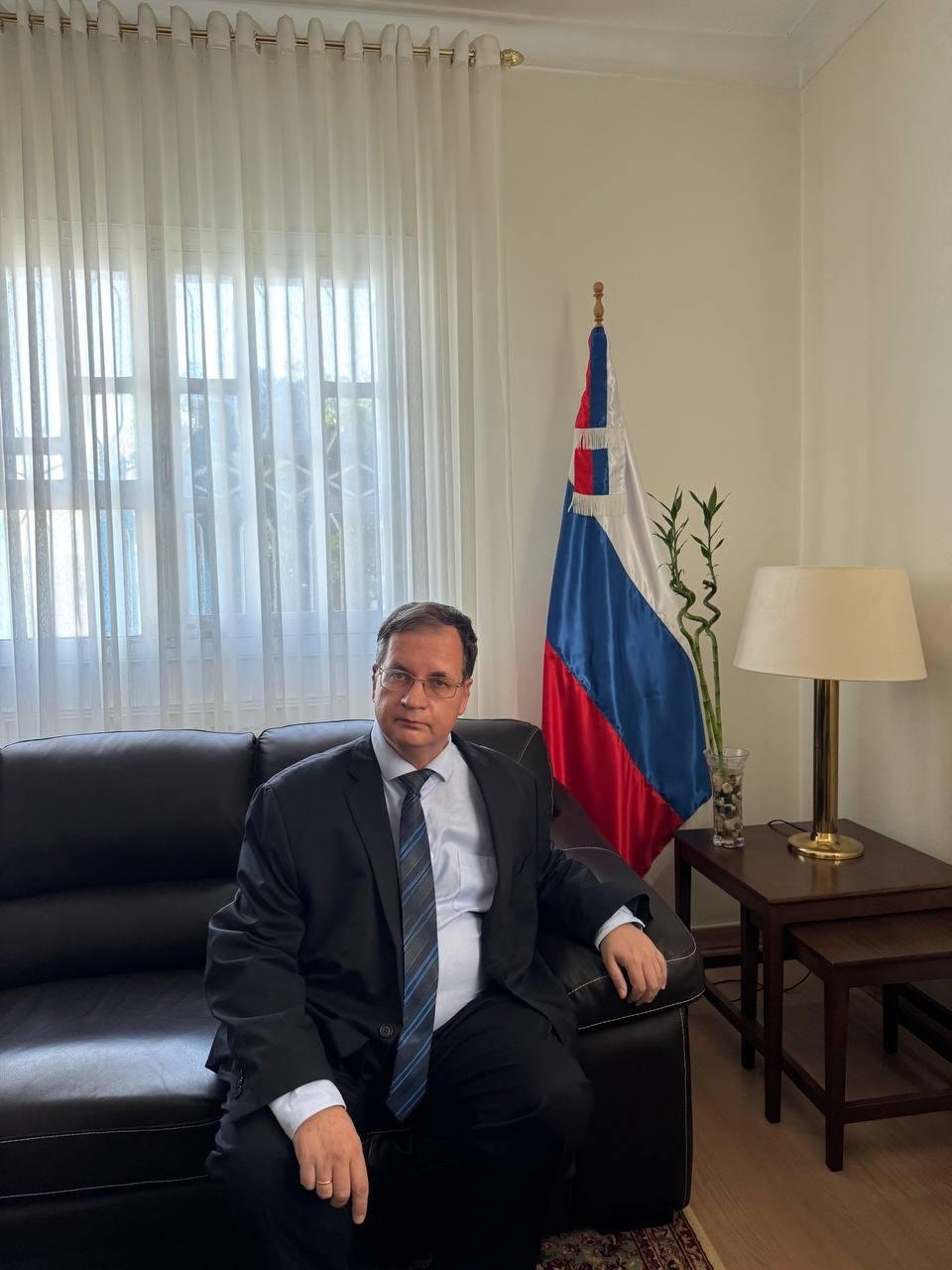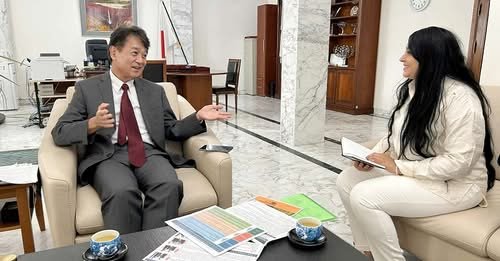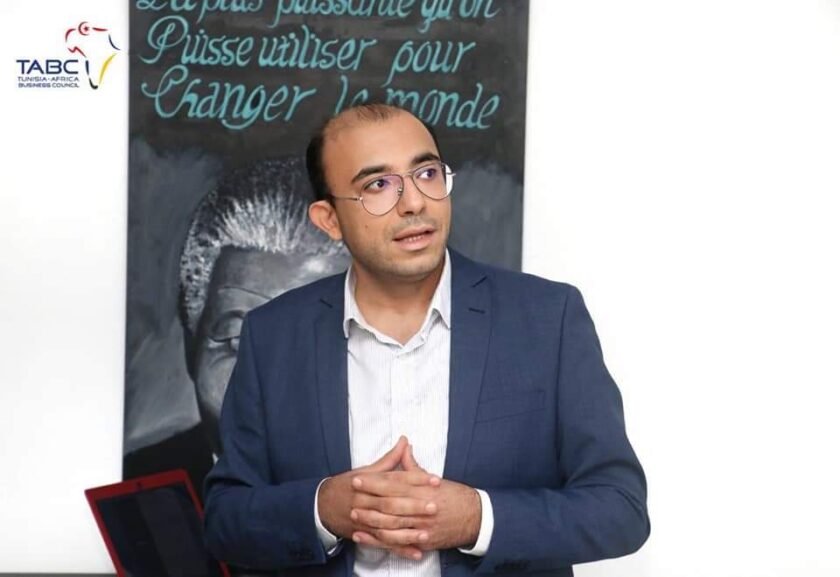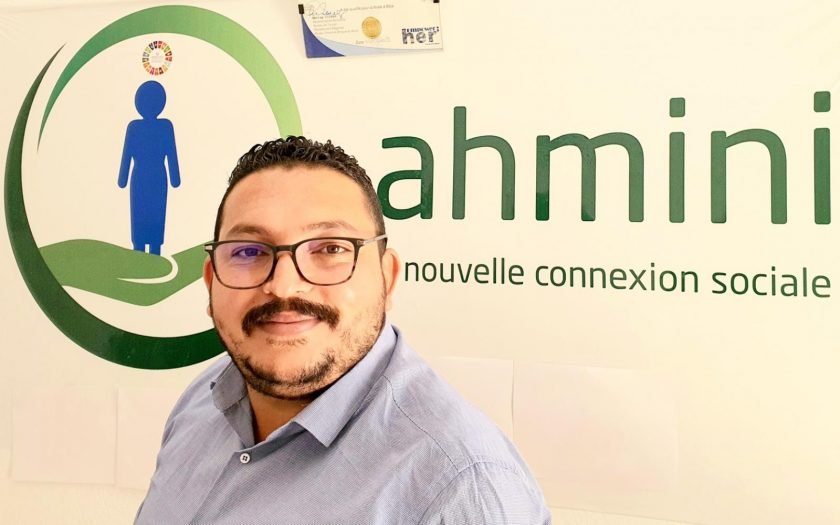In an exclusive interview, Oleg Rutskov, Russia’s Chargé d’Affaires ad interim in Tunisia, painted a picture of rapidly expanding diplomatic and economic relations between Moscow and Tunis, driven by a shared vision of a new multipolar world order and concrete cooperation in trade, energy, and technology.
Speaking from the embassy in Tunis, Rutskov highlighted a series of high-level engagements and a burgeoning trade turnover that now exceeds $1.8 billion, positioning each nation within the other’s top ten international partners. The discussion covered future investment, cultural exchanges, and Russia’s distinct approach to international cooperation, which it contrasts with what it terms “neocolonial practices” of the West.
Strategic Alignment and Economic Momentum
Rutskov described the current state of relations as one of “steady development,” pointing to recent reciprocal visits by foreign ministers and Tunisia’s participation in the Russia-Africa Partnership Forum.
“The Russian side believes that this emerging new international order, marked by the empowerment of such structures as BRICS and the Shanghai Cooperation Organization, fully corresponds to the aspirations of the Global South,” Rutskov stated, emphasizing a “substantial proximity” in their foreign policy approaches, particularly on respecting national sovereignty.
On the economic front, he cited the impressive bilateral trade figure and identified several promising areas for growth. A key priority is the return of Russian tourism, which once saw over 300,000 visitors annually. “Today, these numbers are not so good due to objective reasons as the lack of direct flights,” he noted.
Beyond tourism, he pointed to significant potential in boosting Tunisian olive oil exports to Russia, advancing cooperation in aerospace—following the 2021 launch of the Tunisian “Challenge One” satellite—and exploring peaceful nuclear energy under a 2016 agreement.
Concrete Projects and a Vision for a Free Trade Zone
When asked about specific plans to boost investment, Rutskov referred to the outcomes of the Russian-Tunisian Intergovernmental Commission held in Moscow last year.
“Among these are an eventual Russian participation in building the Tunisian maritime infrastructure, a joint project in cargo vehicle sphere, mineral exploration, and advanced agriculture,” he listed.
A potentially transformative project on the horizon is a free trade agreement between Tunisia and the Eurasian Economic Union (EAEU). Rutskov confirmed that this prospect was examined in detail in August, stating it “would substantially boost the trade and open new possibilities for all the parties.”
A Partnership of “Non-Interference”
On the sensitive subject of supporting Tunisia’s development and democratic transition, the Russian diplomat drew a clear line. He firmly rejected external models of democracy, framing them as a pretext for “neocolonial practices.”
“Nobody from outside can be in a position to give lessons on such matters,” Rutskov asserted. Instead, he advocated for cooperation based on “mutual respect and understanding that no culture or political system can have an upper hand over another.”
He pointed to practical cooperation in the electoral sphere, including a memorandum between the two countries’ electoral commissions and an exchange of observers for recent presidential elections in both nations.
As an area for tangible contribution, he highlighted Russia’s expertise in digital governance. “Nowadays in Russia you can obtain almost every service via a specialized app,” he said, noting that Tunisian officials have shown interest in the Russian digital voting system.
Bridging the Perception Gap
Rutskov believes the Tunisian community in Russia can play a crucial role in breaking down stereotypes. “I always hear from Tunisians that have recently been to Moscow or Saint-Petersburg that it was totally beyond their expectations,” he said, attributing the discrepancy to a “Western narrative” that presents a “distorted” image of Russia.
To counter this, the embassy is planning a photo exhibition titled «Russia through the eyes of Tunisians» to showcase the country’s modern reality.
Culture and Education: The Human Bridge
Cultural cooperation is thriving, according to Russian Envoy Oleg Rutskov. He highlighted the pivotal role of the Russian House in Tunis, which facilitates theater exchanges, internships for Tunisian actors at prestigious institutes like GITIS, and unique events like the recent “Pushkin’s Ball” held in the Tunisian Medina.
Interest in the Russian language is also growing. It is now taught in 17 Tunisian lycées, and the number of state scholarships for Tunisian students to study in Russia has increased to 80 for the 2026/27 academic year, with a potential for 20 more.
For Rutskov, the power of art to build bridges was perfectly illustrated by the recent success of Tunisian filmmaker Anis Lassoued, whose drama “Une seconde vie” won the Grand Prix at a major Russian festival. He also drew a literary parallel, finding a common philosophical thread between the works of Fyodor Dostoevsky and Tunisian writer Ali Dougi.
“The more we know about our respective countries, the more we understand each other, the more things we find in common,” Rutskov concluded, underscoring the human connection at the heart of the growing strategic partnership.
TunisianMonitorOnline (Douha Essafi)




